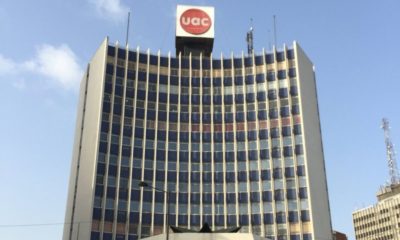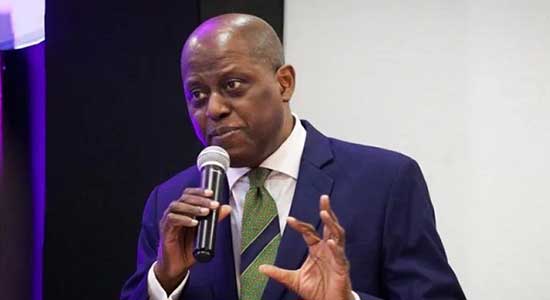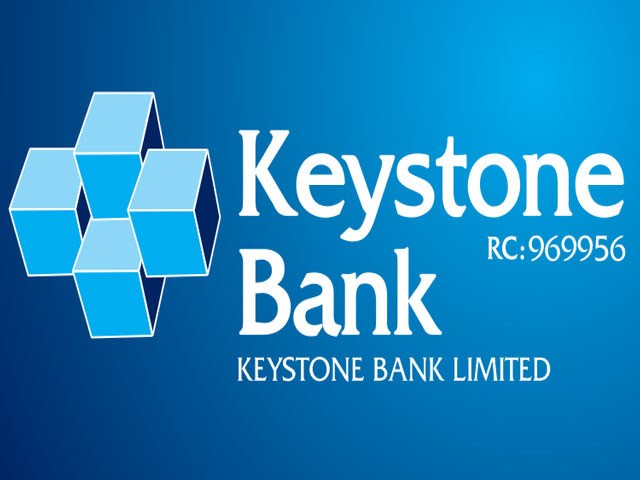Finance
Lafarge Africa Grows Net Cash by 524 Percent in Q1 2021

Banking Sector
CBN Denies Reinstatement of Suspended Cybersecurity Levy on Electronic Transfers
Finance
Did President Tinubu Ask CBN Gov Cardoso To Resign?
Appointments
Keystone Bank Receives New Board Chairman, Directors From CBN
-

 Naira4 weeks ago
Naira4 weeks agoDollar to Naira Exchange Rate on Black Market Today 26th August 2024
-

 Sport Business4 weeks ago
Sport Business4 weeks agoCristiano Ronaldo New YouTube Channel, Gains Over 14M Subscribers in 24 Hours
-

 Forex3 weeks ago
Forex3 weeks agoNigeria’s Reserves Grow 8.36%, But Naira Loses 50% Against Dollar
-

 Banking Sector4 weeks ago
Banking Sector4 weeks agoStanbic IBTC Announces Delay in Release of 2024 Half Year Financial Results
-

 Government4 weeks ago
Government4 weeks agoGhana Ordered to Pay $111.5M to Power Company After U.S. Court Ruling
-

 Economy4 weeks ago
Economy4 weeks agoNigerian Economy Surges 3.19% in Q2 2024, Service Sector Leads Growth
-

 Cryptocurrency3 weeks ago
Cryptocurrency3 weeks agoDOGS Leads Crypto Gainers with 21% Spike, Trading Volume Hits $1.9 Billion
-

 Naira4 weeks ago
Naira4 weeks agoNigeria’s Battered Naira Could Strengthen as Fed Eyes Lower Rates




























